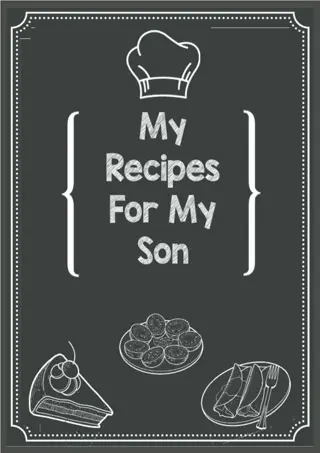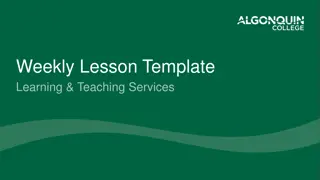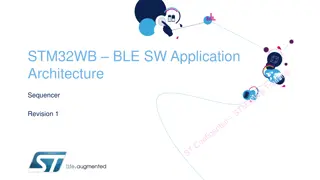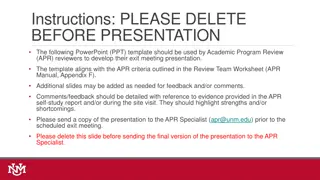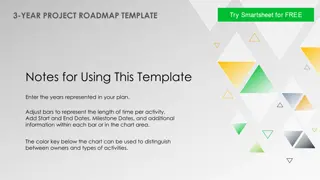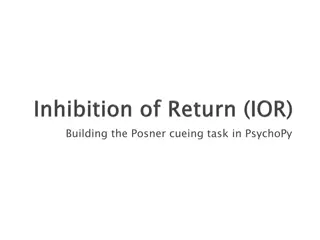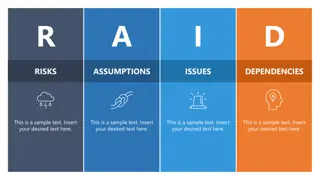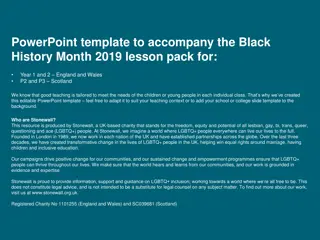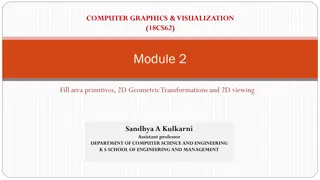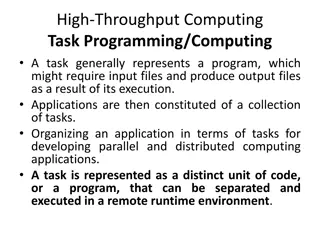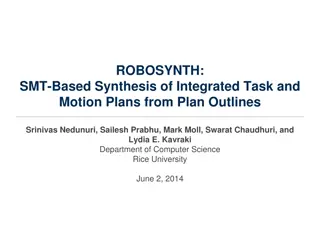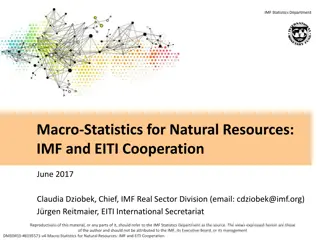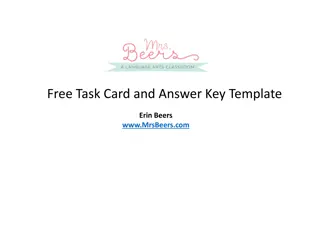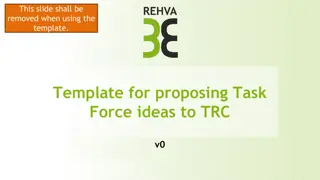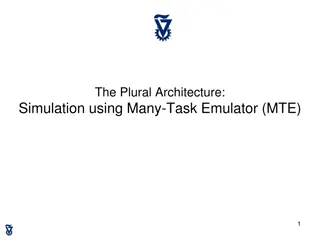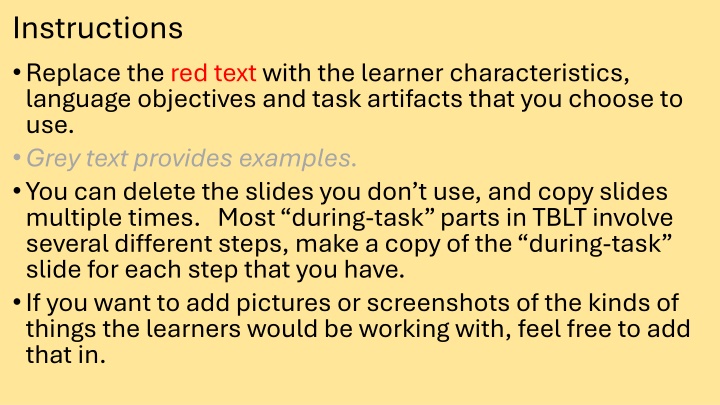
Language Task on Ranking Cities for Investment Homes
Engage learners in a language task where they will use comparative and superlative adjectives, ordinal numbers, and cultural observations to rank cities based on desirability for buying an investment home. Language objectives include vocabulary related to weather, comparative structures, and cultural preferences.
Download Presentation

Please find below an Image/Link to download the presentation.
The content on the website is provided AS IS for your information and personal use only. It may not be sold, licensed, or shared on other websites without obtaining consent from the author. If you encounter any issues during the download, it is possible that the publisher has removed the file from their server.
You are allowed to download the files provided on this website for personal or commercial use, subject to the condition that they are used lawfully. All files are the property of their respective owners.
The content on the website is provided AS IS for your information and personal use only. It may not be sold, licensed, or shared on other websites without obtaining consent from the author.
E N D
Presentation Transcript
Instructions Replace the red text with the learner characteristics, language objectives and task artifacts that you choose to use. Grey text provides examples. You can delete the slides you don t use, and copy slides multiple times. Most during-task parts in TBLT involve several different steps, make a copy of the during-task slide for each step that you have. If you want to add pictures or screenshots of the kinds of things the learners would be working with, feel free to add that in.
Title: [Using (X language) in order to accomplish (Y purpose)] e.g. Using comparative/superlative adjectives + comparative/superlative adjectives + noun phrases noun phrases & ordinal numbers ordinal numbers to rank cities cities according to their desirability for buying an investment home for retirement rank
Context (who the learners are) The learners are [x] years old (e.g. 16-18 years old) They are at [x] proficiency level(s) (e.g. intermediate low-mid in ACTFL, A2 in CEFR)
Lesson Outcomes (what will happen) Task Learners will use [x tool(if a tool or resource is used)] in order to [accomplish y] e.g. learners will use WeatherIsrael and population data to rank cities in which they will buy an investment/retirement home Language development opportunities (as they carry out the task) Learners will have opportunities to attend to, practice, and get feedback on [x language patterns] e.g. vocabulary related to weather, comparatives and superlatives for adjectives and nouns, structures for expressing a tentative opinion (I wonder if , We might find more ), ordinal adjectives (Haifa is the second-warmest city ) Cultural development opportunities (as they carry out the task) Learners will have opportunities to attend to, practice, and get feedback on [x cultural observations and comparisons] E.g. learn Israelis preferences for climate and homebuying, what they consider hot and cold, which cities are seen as having the best climate, identify reasons people live in cities that have hostile or unpleasant climates Learners will know they have completed the task as soon as they [X] E.g. As soon as they have agreed on a ranking of the 6 cities, in order from the most to least favorable climate for their investment/retirement home, they will know they completed the task
Note on Pre-task: You dont need all of these pre-task stages. You can pick just 1 or do as many stages as you think would be helpful to prepare learners to do the task successfully
Pre Pre- -task option 1 task option 1: Schema-building, familiarizing learners with the task task they will complete (cultural aspects aspects) Design an activity that will do one or more of the following: Share with learners the task they will be accomplishing Help learners recall what they already know about accomplishing this task Help learners compare how this task would be done in their culture vs. in a target culture (compare vs. contrast) Help learners become familiar with the resources expert speakers might use to accomplish this task Create a visual context for the task (Who are the people who will benefit? What do the settings look like? What does the tool/app look like?) E.g. Show statistics about investment properties in Israel, show ads for investment properties, compare statistics in the US and Israel, show photos of Israel in cold and rainy weather, in overly hot weather, show screenshots of the WeatherIsrael app cultural
Pre Pre- -task option 2 task option 2: Schema-building, familiarizing learners with the language anguage they will need to complete the task Design an activity that will do one or more of the following: Share with learners the functions they will be using language for Elicit from learners the language structures they already know for accomplishing those functions Pre-teach or show authentic examples of the target language structure for accomplishing those functions Elicit from learners the useful vocabulary (whiteboard, in google doc, on personal vocabulary list, posterboard)
Pre Pre- -task option 3: task option 3: Guiding learners through the process of developing a strategy task strategy for completing the Either give learners potential strategies for how they will tackle the task, or Guide learners as they brainstorm their own strategies for how they will accomplish the task as a group
Note on during-task stages: Copy as many times as you have stages in the task You can alternate steps which scaffold learners progress on the task with steps of explicit deductive or inductive language and culture teaching You can differentiate the task for faster learners by building in an optional complication at the end. These optional stages facilitate language development, but aren t essential in order to complete the task
During-task stage (Tasks can have several of these stages) Learners will accomplish (e.g. use the app to research the climate of 6 cities and put them into a chart on GoogleDocs, to help them manage the information) (If it is a group task) Learners will be given the roles roles of [x, y, z] (e.g. researcher, ranker, recorder, group leader, interviewer, copy-writer, secretary ) Learners will be using using [x language structures] to accomplish this stage of the task (e.g. weather vocabulary, vocabulary of Google docs, reading the app settings in Hebrew) Learners will process language process language in the form of [x] in this stage (e.g. reading a website, reading the app, listening to a classmate s presentation, listening to an interview, listening to a partner within a conversation, etc ) Learners will produce language produce language in the form of [x] in this stage (e.g. an informal report on what they discover, a persuasive interpersonal conversation, an audio recording, a note that they write down, filling in a graphic organizer, etc ) Learners will get feedback get feedback in the form of [x] in this stage (e.g. the teacher wandering the class and taking notes, feedback from a peer, writing something for the teacher to check later, recording something that the learner will reflect on later) accomplish [x] in this stage
(Optional complication) Often, and especially if there is an obvious right answer that learners agree on, you can give a complication, in order to require further interaction to revise the task outcome. It s also nice to have a complication ready to slow down the groups that are finishing more quickly! If you choose, you can pick a complication complication like the following: One option is no longer available New information is given to learners which changes the condition (change in price, new research source made available, the client changes their mind etc..) You scramble who is in the groups, and a new consensus must be reached E.g. 1) Show climate change forecasts for the climate in 2050 and incorporate that new info , 2) give them a new city to insert into the rankings, 3) introduce a new factor you get arthritis and need a dry climate , etc
Task completion The learners will know they complete the task as soon as they [x] (e.g. choose the best option, create their poster, finalize their ranking, buy the product/service, complete the draft, record their speech/explanation/argument, solve the puzzle, etc )
Post-task The learners will share the result of their task with [x] (e.g. one other group, just the teacher, the whole class, an Israeli exchange partner) The learners will share their result in [x] format (e.g. showing a screenshot, making a presentation, typing into a GoogleDoc, creating a handout) The learners will reflect on their performance in the task via [x] (e.g. reading feedback from instructor, listening to own recordings, comparing their group s process with another group s process, correcting their own mistakes, re-designing the task for next year s group, etc.. )
Post-task language feedback You will give learners feedback on their use of [x language structures] (e.g. vocabulary, grammar patterns, spelling/pronunciation, pragmatic conventions, discourse moves) By consulting [x artifacts] produced or gathered during the task (e.g. posters, GoogleDocs, notes taken in your notebook, recordings of group work, photos taken during groupwork)

